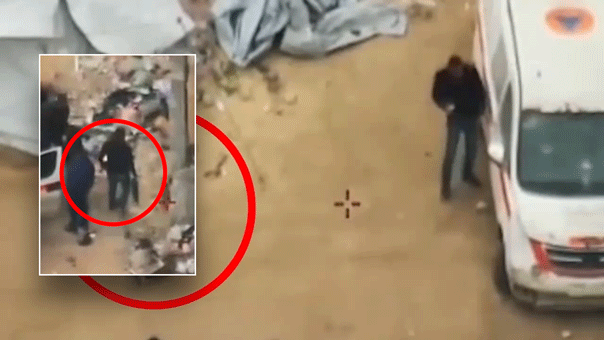
Moscow Deputy Mayor Andrei Sharonov. (Fox News)
DAVOS – Moscow's youthful deputy mayor is really excited about his city's sprawling "technopolis." In an old Moskvich car factory, the 280,000 square meter space will be the biggest high tech incubator space in Europe, and Andrei Sharonov says he would like to see American brain power and money partnering with Russian genius.
While at the World Economic Forum I asked him about concerns that potential investors voice about the crime and corruption that plague Russia's business world, and he said, "I am not happy about many of the things we have discussed, but what is interesting is that the perception of Moscow and Russia by those foreigners who do not work in Russia is much worse than that of those who work and make money in Russia."
Russia is a big market--the seventh largest in the world, so of course it is tempting for investors who weigh the risks and benefits of going in.
The mayor of Moscow, Sergei Sobyanin, was appointed when former Mayor Yuri Luzhkov, was fired by former President Medvedev in 2010. Sharonov says the new team has been cleaning things up, beginning with the construction that he says got out of control under the last administration. "The city was a hostage to construction." Astronomical sums of money were being spent. Sharonov says there was a lot of favoritism in the dishing out of deals, and there was just so much building that it was aggravating Moscow's already notorious traffic problems.
"During the twenty years of Luzhkov's period, more building and construction went on than during the entire Soviet period," Sharonov said, so one of the first things the new mayor did was to cancel forty billion dollars worth of contracts, and of course some of this required monetary compensation.
Sharonov says new contracts are being scrutinized on the Internet. Citizens can follow the progress of projects and contact the authorities online with photographic evidence of slow or irregular progress. It's part of Moscow's efforts to be more transparent. Instead of subsidies for new projects, Moscow is sharing risks with investors, backing fifty percent of some loans, so that there is more incentive to succeed, less room for kickbacks.
Robotic cameras, according to Sharonov, are replacing some of the police, who are despised by many Muscovites for stopping people to collect bribes.
One thing topping the agenda at Moscow's city hall is improving the city's status as a global financial center. Out of 78 cities with the designation of financial center, Moscow ranks 64.
And, Sharonov said, he generally wants to see quality of life in Moscow improved. He said he was impressed watching New York Mayor Michael Bloomberg collect an award in Singapore for New York's parks, and proximity that most New Yorkers have to green space. He wants Moscow to be a park city as well. He said Moscow is number three in the world in terms of green areas, but much of them are not well equipped for people to enjoy.








































